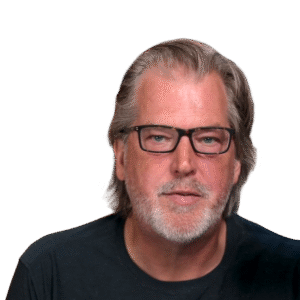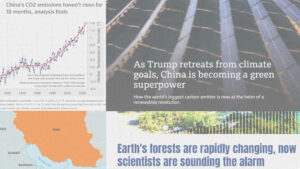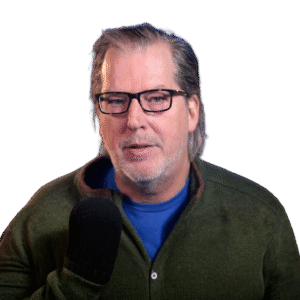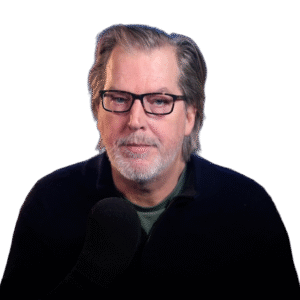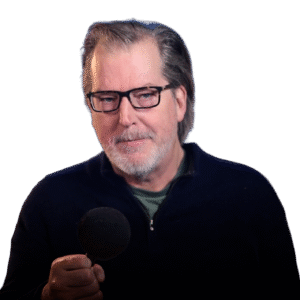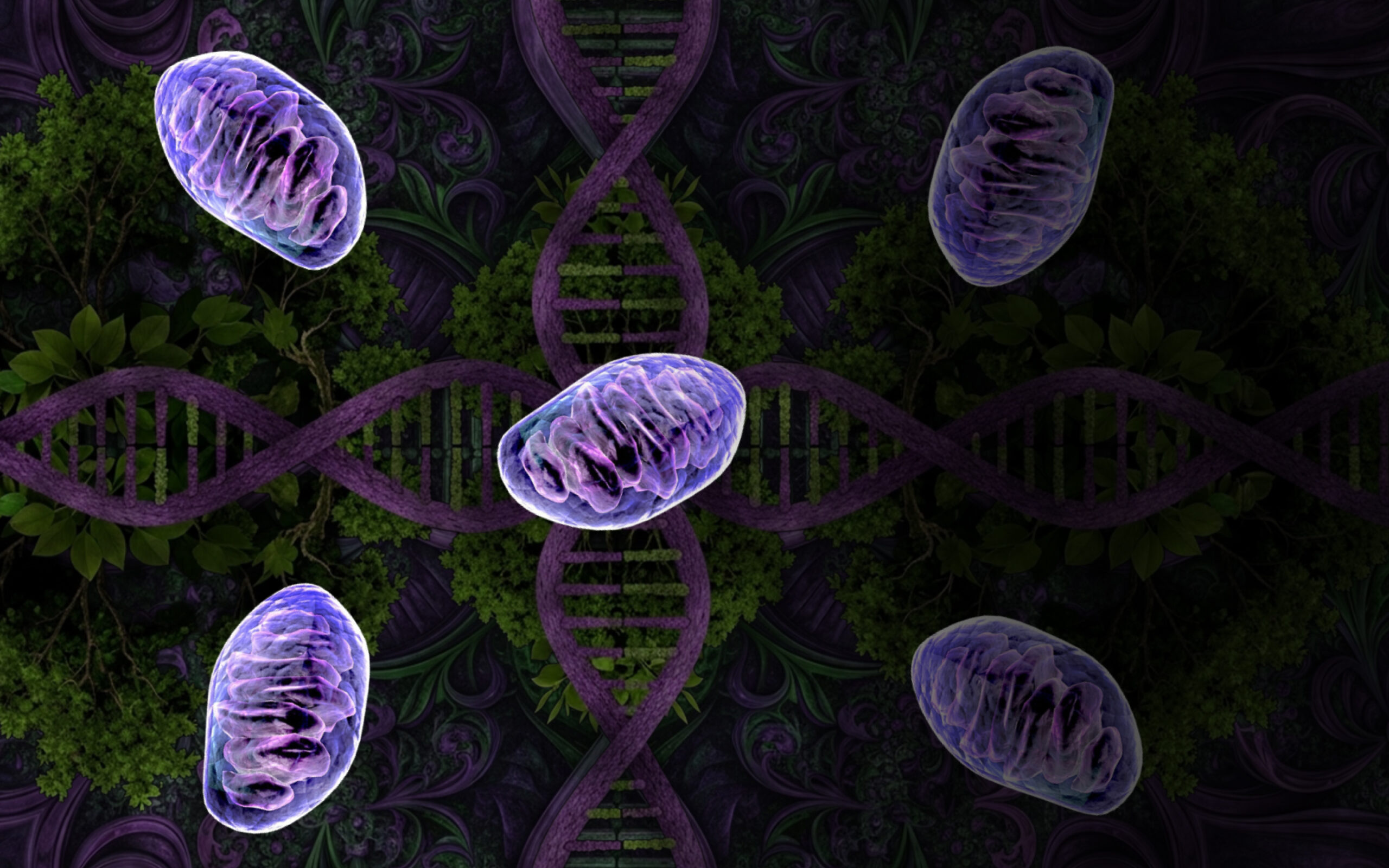
#98 | Frankly
10 Qualities That Could Change the Future: The Seeds of New Cultural Mitochondria
Description
Living in a period increasingly fraught by various crises and risks, it is more necessary than ever to be able to metabolize anxiety into something useful. But what about at a cultural level? The behaviors that the current economic superstructure rewards cannot form the basis of what emerges from its ashes…we require new ways of thinking and living that put us in closer relationship to one another and the planet around us. In a system structured to serve as a dissipative structure, how do we plant the seeds of something that is more resilient and cooperative?
In this week’s Frankly, Nate addresses how we, as humans, might adapt and take on characteristics that will allow us to face the coming challenges of our world head-on. Through a framework of “cultural mitochondria,” Nate explores 10 traits that will help to shape the way we move through and address the human predicament. These are not far off ideals to think about once, then forget about. These are behaviors that require deep and regular practice, perhaps one of the most important tasks of our time.
How can we become more grounded and regulated in our bodies in order to become agents of change? What does it mean to metabolize grief into resilience and action? And how do we expand empathy and humility for one another as we grapple with increasingly isolating conditions?
In French, we have a motto that says that a simple drawing is often better than a long explanation. Jean-Marc Jancovici Carbone 4 President
That’s very understandable because with left atmosphere thinking, one of the problems is that you see everything as a series of problems that must have solutions. Iain McGilchrist Neuroscientist and Philosopher
We can’t have hundreds and hundreds of real relationships that are healthy because that requires time and effort and full attention and awareness of being in real relationship and conversation with the other human. Nate Hagens Director of ISEOF
This is the crux of the whole problem. Individual parts of nature are more valuable than the biocomplexity of nature. Thomas Crowther Founder Restor
Show Notes & Links to Learn More
Download transcript00:01 – Superorganism (from TGS Movie)
00:28 – Marvin Harris’ ‘Cultural Materialism’
03:10 – Parasympathetic Nervous System
04:49 – Marc Gafni: Pre-Tragic / Post-Tragic
06:05 – Guest on Grief (Francis Weller) (TGS Podcast Episode)
06:40 – Decentralized Systems: Mushrooms / Nodes Theory Example
07:50 – Polyvagal Theory
08:45 – Multilevel Selection Theory
09:15 – Systems and Wide Boundary Thinking: The Parts and Whole of the Elephant, On the Issue of Boundaries
12:54 – Interconnectedness Examples: The Human Microbiome, The Gaia Hypothesis, Earth System Science
14:05 – Chaos Theory

